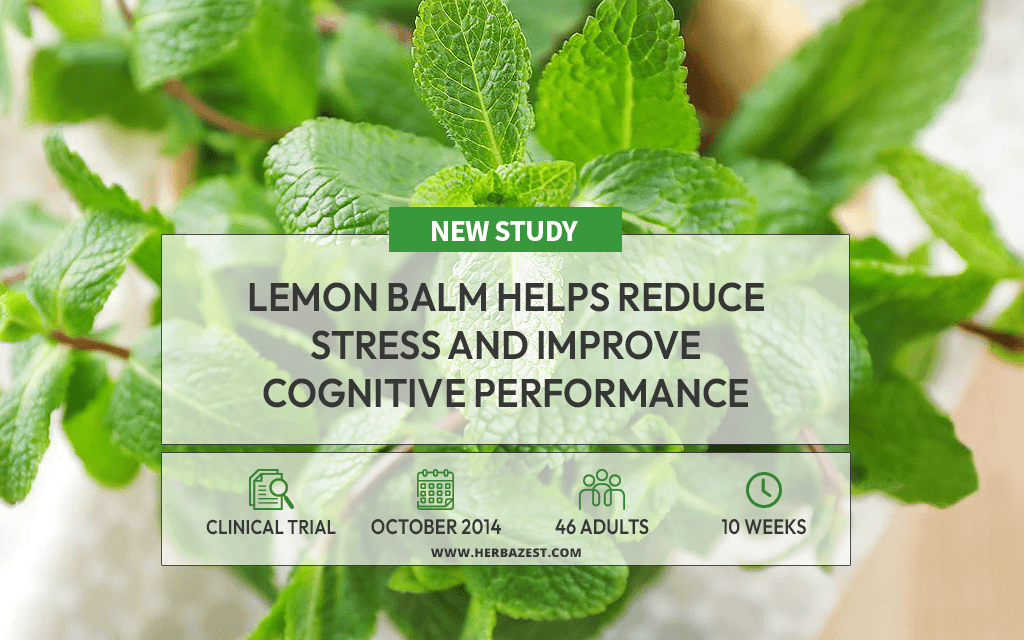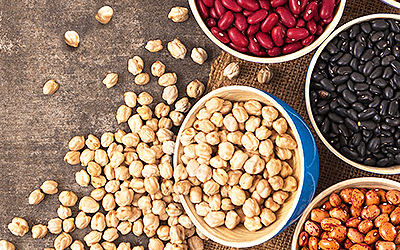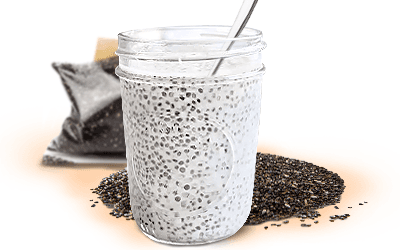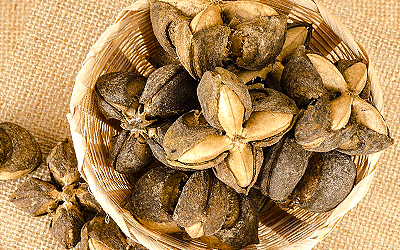Lemon balm (Melissa officinalis), a lemon-scented herb from the mint family, has been treasured for centuries for its calming and brain-enhancing properties. Ancient herbalists, including Paracelsus, believed lemon balm could rejuvenate the mind and body.1 Today, scientific research is uncovering how this versatile plant impacts mood, reduces stress, and supports cognitive function.
The Study
Researchers designed their investigation to build upon a preliminary pilot study that confirmed the absorption of rosmarinic acid, a key bioactive compound in lemon balm, and its potential effects on mood and cognition. The follow-up involved two double-blind, placebo-controlled clinical trials.
The Pilot Study
Five participants who identified themselves as having high stress levels took part in a pilot study to explore the effects of lemon balm on mood and cognitive function. Participants consumed a water-based lemon balm drink containing a standardized extract high in rosmarinic acid.
The results showed that rosmarinic acid was quickly absorbed into the bloodstream, peaking about an hour after consumption. Participants reported reduced feelings of anger and showed improvements in word recognition, contentment, and alertness.
The Clinical Trials
Following the pilot, researchers conducted two larger trials involving healthy young adults. Each trial tested a different lemon balm product—an iced tea-like beverage and a drinkable yogurt as well as the corresponding placebos. The lemon balm products contained varying doses of rosmarinic acid as well as different types and amounts of sweeteners.
Participants completed stress-inducing tasks using a Multi-Tasking Framework (MTF), a system designed to mimic real-life cognitive challenges while increasing stress levels. Their cognitive performance and mood were assessed at various intervals using specialized tests and questionnaires. Blood samples were also collected to track the absorption of rosmarinic acid.
The Results
The findings were encouraging, showing that lemon balm could help reduce stress and enhance certain cognitive abilities.
Participants who consumed the lemon balm beverage reported reduced anxiety and increased calmness, especially with a lower dose sweetened with natural fruit sugar. This effect lasted for up to three hours after consumption.
In terms of cognitive performance, the higher-dose lemon balm beverage improved psychomotor performance (like tracking tasks) and working memory. However, the lower dose had a more consistent effect on reducing anxiety without impairing performance.
The analysis of stress responses showed that salivary cortisol, a marker of stress, decreased after consuming lemon balm, suggesting a physiological calming effect.
In the yogurt trial, higher doses of lemon balm caused slight mental fatigue at one hour but showed cognitive benefits, like improved word recall, at three hours.
What Does this Mean?
These studies highlight the potential of lemon balm to manage stress and improve brain function. The results suggest that small doses of lemon balm in palatable formats like drinks or yogurts can help people feel calmer and think more clearly during stressful situations.
One important takeaway is that the effects of lemon balm vary with dose and delivery method. Lower doses may provide calming effects without cognitive trade-offs, while higher doses could offer enhanced cognitive benefits at the cost of slight fatigue. This variability emphasizes the importance of personalized dosing for optimal benefits.
These findings contribute to the growing body of evidence on the effects of herbs on mood and brain function, including lemon balm's role in reducing depression and anxiety symptoms.2 As research continues, we may see more innovative ways to harness this ancient herb for contemporary health needs.
Other herbs with similar benefits include chamomile, ashwagandha, passion flower, valerian, and rhodiola.
Sources
- Nutrients, Effects of lemon Balm-Containing Foods, 2014
Footnotes:
- Journal of Applied Botany and Food Quality. (2019). The therapeutic properties of Lemon balm (Melissa officinalis L.): Reviewing novel findings and medical indications. Retrieved February 6, 2025, from https://www.cabidigitallibrary.org/doi/full/10.5555/20203156494
- BMC Complementary Medicine and Therapies. (2023). The effects of melissa officinalis on depression and anxiety in type 2 diabetes patients with depression: a randomized double-blinded placebo-controlled clinical trial. Retrieved February 6, 2025, from https://bmccomplementmedtherapies.biomedcentral.com/articles/10.1186/s12906-023-03978-x




